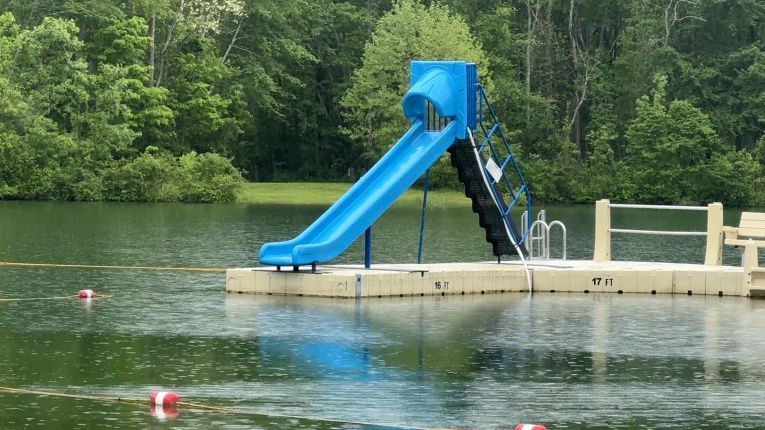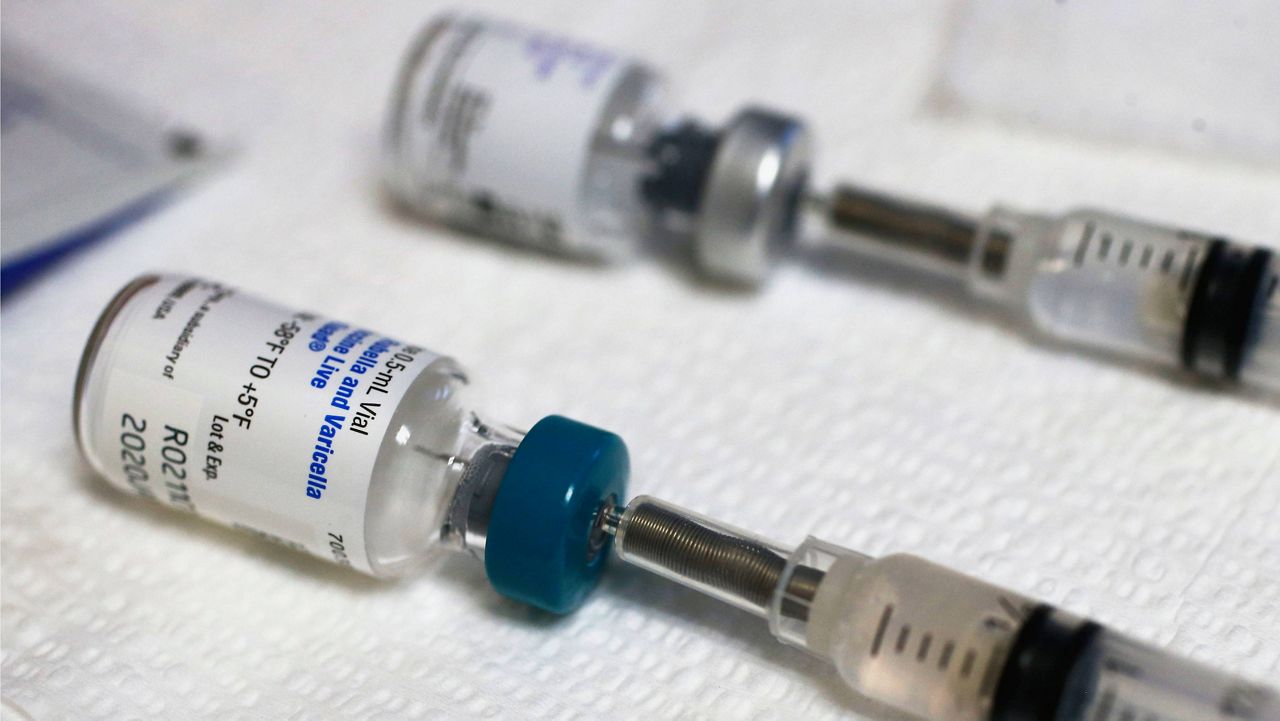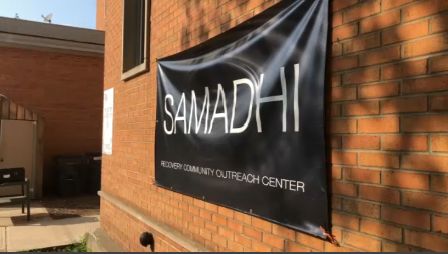Meghan Lyles understands first-hand the challenges people with disabilities face day-to-day. She lives with cerebral palsy and has undergone several surgeries for scoliosis.
“I have cerebral palsy, and so while I can walk, it is a disability that causes my muscles to be very tight," Lyles said. "So while I can do more things than I was able to do a couple years ago, there are still things that I can’t do, and so if there are places that aren’t accessible, then how is anybody able to navigate their own environment."
To mark the 31st anniversary of the Americans With Disabilities Act (ADA), students of the Mount Pleasant Blythedale Union Free School District at Blythedale Children's Hospital in Valhalla completed a capstone project about the ADA’s significance and impact.
Lyles, a twelfth-grader and a day hospital patient at Blythedale, sees the project as a way to raise awareness about the ADA and how it’s helped people like her live fuller lives.
What You Need To Know
- The ADA was signed into law on July 26, 1990
- The law makes it illegal to discriminate against people with disabilities
- Blythedale Children’s Hospital is home to New York’s only on-site public school district at a hospital
“I found that the ADA is something that is not as understood as you would think it would be,” Lyles said. “People know what it is, but they don’t look into it and they don’t know the types of challenges that other people are going through because they can't access where they want to go.”
When it was signed into law on July 26, 1990, it made it illegal to discriminate against people with disabilities.
“That’s important to me because I know I wouldn’t want to be treated differently just because I have a disability, so why would anyone else,” Lyles said.
For her presentation, she researched the history of the ADA and how it’s changed the lives of disabled Americans. Then, she presented her findings to her classmates.
Lyles says she’s determined to use her voice to increase awareness about the ADA and the challenges that disabled Americans face.
“I think it’s important that we advocate and we show that making places accessible for everybody is the right thing to do," Lyles said.








)
